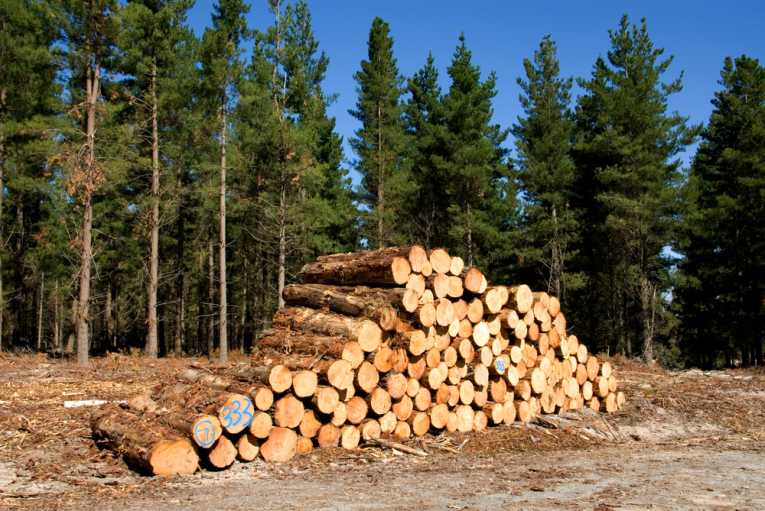Environmentalists have always clearly defined commercial plantations and forests. The latter being natural and the former destroying indigenous biodiversity and natural resources with the aim to maximise profits. The social consequences of timber plantations have also displaced communities.
Deforestation and forest degradation have been a pivotal struggle of the indigenous people's movements in the Amazonian Basin for decades, since the colonial intrusion and expropriation of forest land for agricultural activity at a commercial level. In the 1960s the forest was regarded as a no-go zone and remained largely intact but by succeeding decade, deforestation was growing at a fast rate bringing the proportion of deforestation to an excessive 91%. The dominant agri-business being livestock pastureland and largely feeding with mono-cropped crop-feed for the cattle that eventually goes to the slaughter house to feed the rich west.
The dynamics of deforestation extend to extreme biophysical degradation and human rights abuses with whole indigenous forest communities who have lived in harmony with nature being displaced.
Environmentalists and indigenous people campaigned vociferously for years against the social and environmental abuses, this was only heeded under the climate change agenda when the carbon emissions from deforestation became a hot item, accounting for up to 20% of the global GHG (Green House Gas) emissions, second in line to the energy sector.
The UN developed the Reducing Emissions from Deforestation and Forest Degradation (REDD) programme to address the problem. On paper all things seem progressive and helpful, but strip the frontier marketing and the truth stands stark and real. The indigenous communities here at COP 17 have been holding briefing sessions voicing their plights and revealing the truth and are proactive in recommending solutions to "cool the planet" without the current breaches being experienced.
According to a coalition of leading peoples-environmental movements from the Peruvian indigenous organisations, AIDESEP, FENAMAD, CARE and the international human rights organisation of the Forests Peoples Programme (FPP), the reality of REDD+ is the undermining of the rights of indigenous peoples and is leading to carbon piracy and conflicts over land and resources.
"The commitments made by the previous government in 2011 were not made lightly, they were assumed by the State and approved in a global meeting of the World Bank's FCPF (Forest Carbon Partnership Facility). We hope that the present government and international entities like the World Bank will deliver on their promises to respect land and territorial rights. Continual monitoring will be necessary to make sure they keep their word," says Robert Espinoza Llanos (co-ordinator of AIDESEP's Climate Change Programme).
Carbon Piracy and Carbon Barons: In essence what this means is that developers are campaigning for REDD+ by-in by trying to get local forest communities with promises of wealth and the fine print reveals a signing away of their land rights, which would give the Carbon Barons to control the carbon trade. In communities with low literacy, innocent communities are being duped without realising what they have signed onto.
Land Grabs: According to FPP's Conrad Feather, "REDD is not just a policy instrument being negotiated at the UN; unregulated REDD developments are already turning Peru into a centre of international carbon piracy and the site for potential land grab[s] of indigenous peoples' territories on a massive scale. Urgent measures are needed to protect the lands and livelihoods of indigenous peoples."
Indigenous peoples' movements are being proactive with alternatives being proposed as they are more than concerned with carbon emissions as it affects them directly as people living off the land and want the REDD funds used justly to secure the forest territories and support grassroots solutions to tackle climate change.
For centuries these communities have lived by the laws of nature not man, protecting the forests, its wildlife, its water and the air but have been victims of ruthless colonisation, industrialisation, capitalism, oppression and environmental injustices.
Once again all the grand plans should always be scanned for ground-truth, it is a far cry from what's promised on paper.










